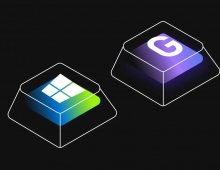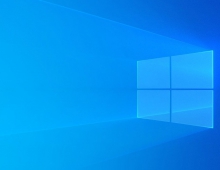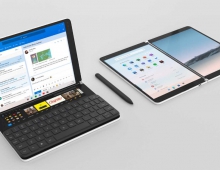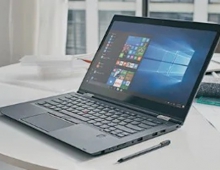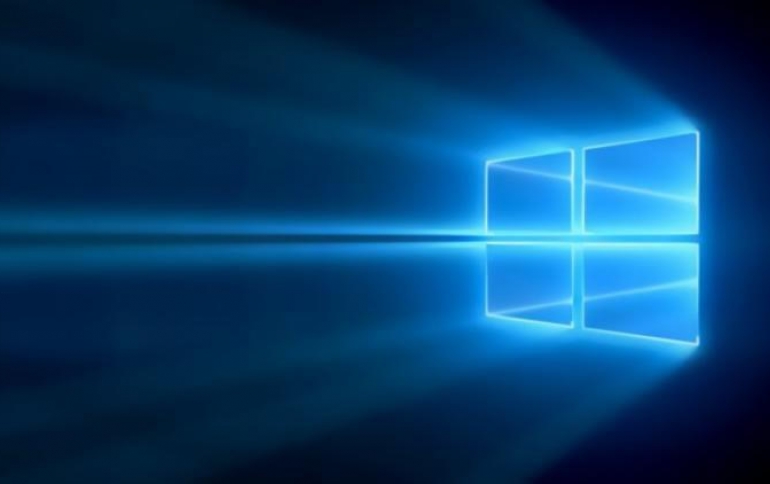
Microsoft Says Windows 10 Will Eventually Support Only The Latest CPUs
Microsoft announced that systems based on an Intel 6th generation "Skylake" Core processors and run Windows 7 or Windows 8.1, should be upgraded to Windows 10 in order to receive full support. After July 17, 2017, only the most critical security fixes will be released for those platforms and those fixes will only be made available if they don't "risk the reliability or compatibility" of Windows 7 and 8.1 on other non-Skylake systems, according toMicrosoft.
For Windows 7 to run on any modern silicon, device drivers and firmware need to emulate Windows 7’s expectations for interrupt processing, bus support, and power states- which is challenging for WiFi, graphics, security, and more. Microsoft says that as iys OEM partners make customizations to legacy device drivers, services, and firmware settings, customers are likely to see regressions with Windows 7 ongoing servicing.
Microsoft says that Windows 7 will continue to be supported for security, reliability, and compatibility through January 14, 2020 on previous generation silicon. Windows 8.1 will receive the same support through January 10, 2023. This includes most of the devices available for purchase today.
Going forward, as new silicon generations are introduced, they will require the latest Windows platform at that time for support, Microsoft says. For example, Windows 10 will be the only supported Windows platform on Intel’s upcoming "Kaby Lake" silicon, Qualcomm’s upcoming "8996" silicon, and AMD’s upcoming "Bristol Ridge" silicon.
Through July 17, 2017, Skylake devices will also be supported with Windows 7 and 8.1. But during the 18-month support period, these systems should be upgraded to Windows 10 to continue receiving support after the period ends. After July 2017, the most critical Windows 7 and Windows 8.1 security updates will be addressed for these configurations, and will be released if the update does not risk the reliability or compatibility of the Windows 7/8.1 platform on other devices.
Microsoft's announcement makes no mention of its server operating systems, leaving open the question of whether these will be subject to the same policy.


